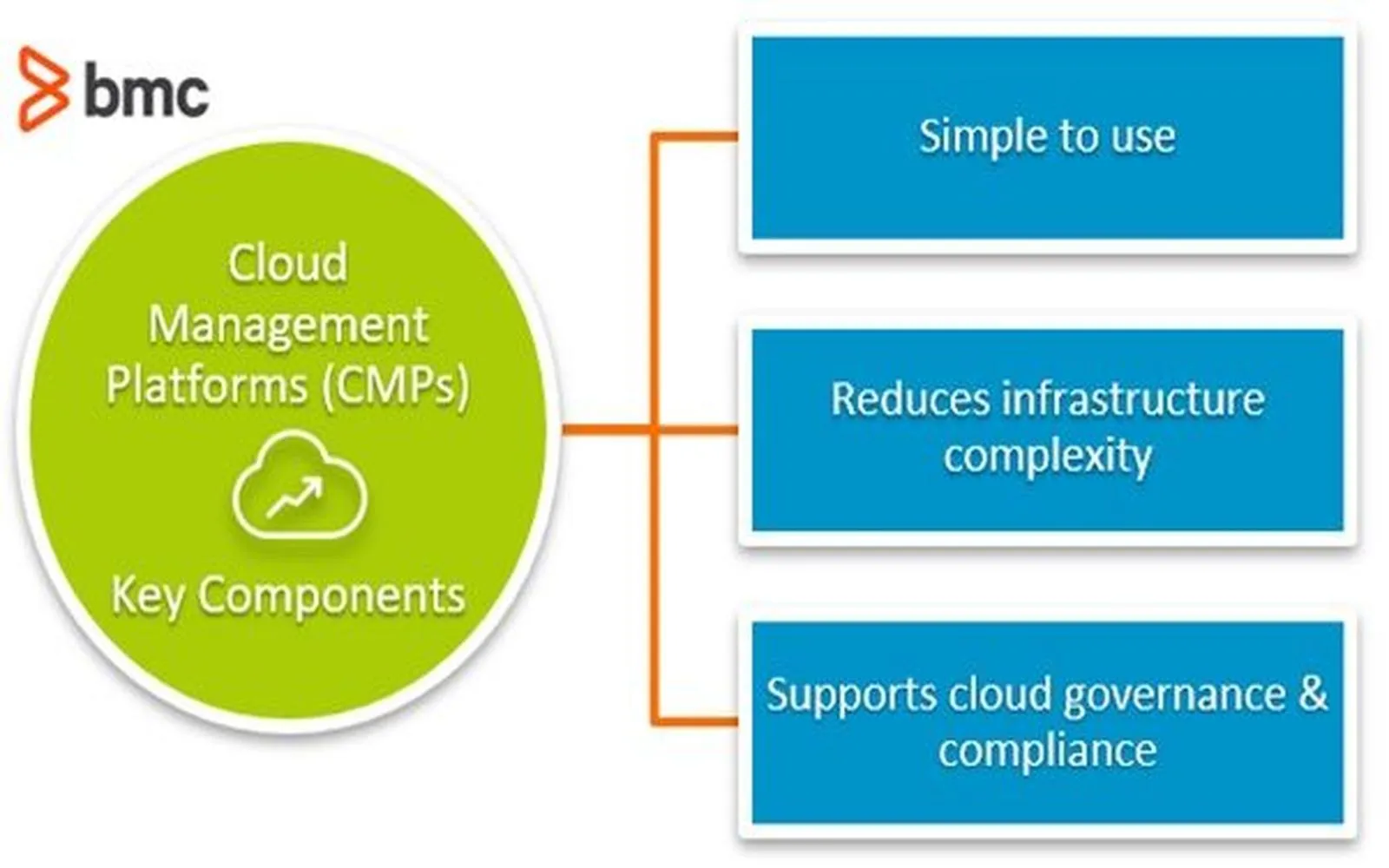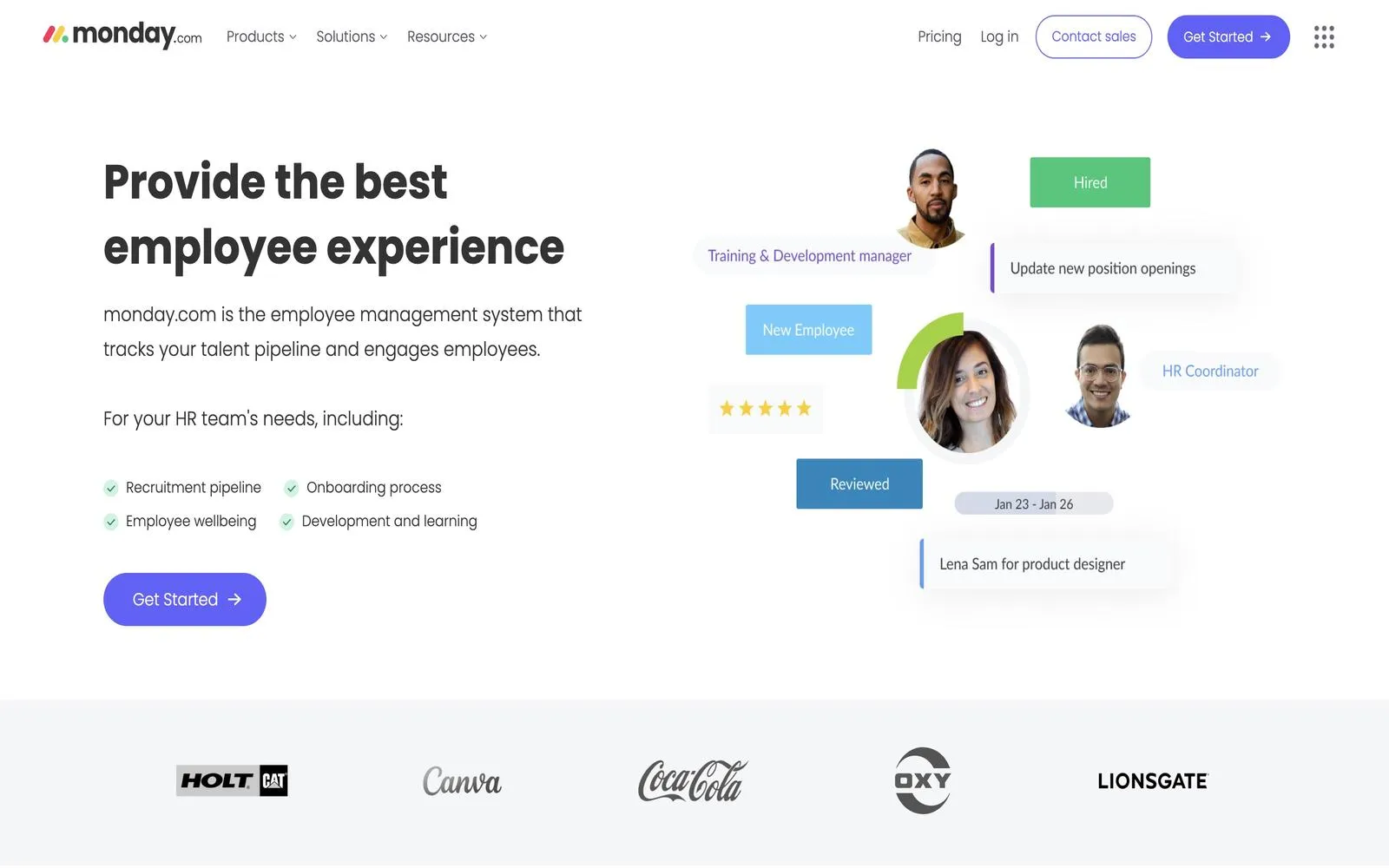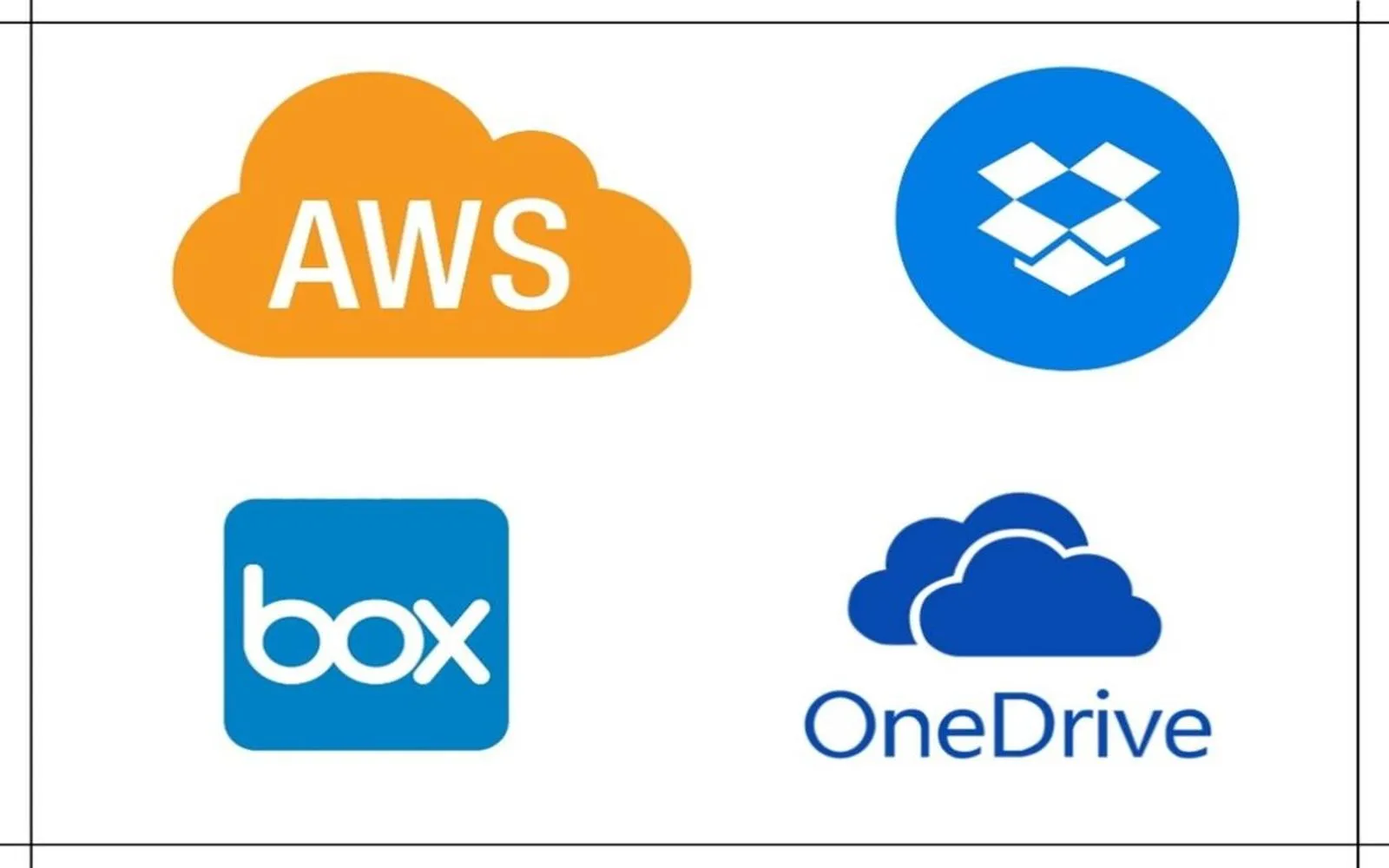How Cloud-Based IT Solutions Are Transforming Business Operations
Cloud-based IT solutions are revolutionizing business operations by enhancing flexibility, scalability, and cost-efficiency. Companies can access critical data and applications from anywhere, promoting remote collaboration and real-time decision-making. Additionally, these solutions streamline processes, reduce infrastructure costs, and enable businesses to focus on innovation, ultimately driving growth and improving customer satisfaction in today’s competitive landscape.
Understanding Cloud-Based IT Solutions
Cloud-based IT solutions refer to the delivery of computing services over the internet ("the cloud"), which allows businesses to access and manage their IT resources without the need for physical hardware or local servers. This model has gained immense popularity due to its flexibility, scalability, and cost-effectiveness. Companies are increasingly transitioning from traditional on-premises systems to cloud solutions, which offer a plethora of benefits that enhance business operations.
Cost Efficiency and Scalability
One of the most compelling advantages of cloud technology is its ability to reduce costs. Traditional IT infrastructure often requires significant upfront investment in hardware, software, and maintenance. In contrast, cloud-based solutions operate on a pay-as-you-go model, allowing businesses to only pay for the resources they consume. This not only lowers operational costs but also facilitates better budget management.
Moreover, cloud-based services offer unmatched scalability. Businesses can easily scale their IT resources up or down based on demand, enabling them to respond swiftly to market changes. This flexibility is crucial for startups and small businesses that experience fluctuating workloads, as it allows them to grow without the constraints of physical infrastructure.
Enhanced Collaboration and Accessibility
With more teams working remotely, cloud-based IT solutions have become essential for facilitating collaboration. Tools like cloud storage, project management software, and communication platforms enable employees to work together seamlessly, regardless of their physical location. This level of accessibility is vital in today’s fast-paced business environment.
For instance, platforms such as Google Workspace and Microsoft 365 allow teams to collaborate in real-time on documents, spreadsheets, and presentations. This enhances productivity and ensures that everyone is on the same page, leading to quicker decision-making processes.
Improved Data Security and Compliance
Data security is a top concern for businesses, and cloud service providers are investing heavily in advanced security measures. Many cloud platforms offer robust encryption, multi-factor authentication, and regular security updates to protect sensitive information. This is particularly important for businesses that handle customer data or are subject to regulatory compliance.
Furthermore, cloud-based solutions often come with built-in compliance features that help companies adhere to industry regulations such as GDPR, HIPAA, and PCI-DSS. By leveraging these tools, businesses can minimize legal risks and safeguard their reputation.
Data Analytics and Business Intelligence
Another transformative aspect of cloud technology is its ability to harness the power of data analytics. Cloud-based analytics tools allow businesses to collect, store, and analyze large volumes of data quickly and efficiently. This capability provides valuable insights into customer behavior, market trends, and operational efficiency, enabling data-driven decision-making.
For example, platforms like AWS and Microsoft Azure offer advanced analytics services that can help businesses track performance metrics and optimize their operations. By utilizing these tools, organizations can gain a competitive edge by identifying opportunities for growth and improvement.
Chart: Key Benefits of Cloud-Based IT Solutions
Below is a chart that summarizes the key benefits of adopting cloud-based IT solutions:
| Benefit | Description |
|---|---|
| Cost Efficiency | Reduced upfront costs with a pay-as-you-go model. |
| Scalability | Easily scale resources according to business needs. |
| Collaboration | Enhanced teamwork through real-time collaboration tools. |
| Data Security | Advanced security measures to protect sensitive information. |
| Analytics | Access to powerful data analytics tools for better decision-making. |
Challenges and Considerations
While the benefits of cloud-based IT solutions are substantial, businesses should also be aware of potential challenges. Issues such as data migration, vendor lock-in, and service outages can impact operations if not addressed properly. Companies must thoroughly evaluate their needs and conduct due diligence when selecting a cloud service provider to ensure they align with their business objectives.
Additionally, employee training is vital for maximizing the benefits of cloud technology. Organizations should invest in training programs to ensure that staff are equipped to use these tools effectively, thereby enhancing productivity and overall operational efficiency.
Conclusion
In conclusion, cloud-based IT solutions are undeniably transforming business operations by offering cost savings, scalability, improved collaboration, enhanced security, and data analytics capabilities. As more companies embrace this technology, those who leverage its full potential will be well-positioned to compete in an ever-evolving marketplace. The future of business is in the cloud, and organizations that adapt will reap the rewards.
Explore

Best Multi-Cloud Management Tools of 2025: Features & Reviews

Cloud Management: Essential Guide to Streamlining Your Cloud Infrastructure

Revolutionize Your Business with Employee Management Software: A Complete Guide to Streamlining Operations and Improving Productivity

Ultimate Guide to Cloud Backup: Secure Your Data with Top Solutions in 2025

Home Improvement: Transforming Your Living Space for Comfort and Value

Top Cloud Computing Solutions to Transform Your Business by 2025: Trends, Benefits, and Innovations

Hybrid Cloud Solutions: The Future of Small Business IT Infrastructure

Top Cloud Storage Solutions for Businesses in 2025: Maximize Efficiency and Security
